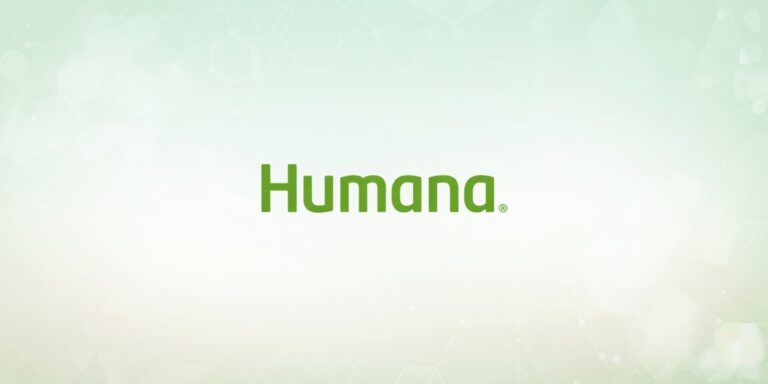
Bristol Myers Squibb (NYSE: BMY) has announced that the U.S. Food and Drug Administration (FDA) granted accelerated approval to Augtyro™ (repotrectinib) for treating adult and pediatric patients aged 12 and above with solid tumors harboring a neurotrophic tyrosine receptor kinase (NTRK) gene fusion. These tumors may be locally advanced or metastatic, or where surgical resection could lead to severe morbidity, and have progressed after treatment or lack satisfactory alternative therapy options. The approval stems from findings in the Phase 1/2 TRIDENT-1 study, assessing Augtyro in adult patients with NTRK-positive solid tumors. This indication received accelerated approval based on overall response rate and response duration, with continued approval contingent upon clinical benefit verification in confirmatory trials.
Alexander Drilon, MD, the TRIDENT-1 global trial lead and Chief of the Early Drug Development Service at Memorial Sloan Kettering Cancer Center, emphasized the importance of additional treatment options for patients with NTRK fusion-positive tumors. The FDA approval of repotrectinib provides oncologists with a next-generation TKI that can be utilized across a wide spectrum of NTRK fusion-positive solid tumors for both TKI-naïve and TKI-pretreated patients.
In the TRIDENT-1 trial, both TKI-naïve and TKI-pretreated patients with NTRK-positive locally advanced/metastatic solid tumors, representing 15 different types of cancer, were included. In TKI-naïve patients, 58% had a confirmed objective response rate (cORR), with 83% still in response at one year with Augtyro. The median duration of response (mDOR) was not reached. In TKI-pretreated patients, the cORR was 50%, with 42% still in response at one year with Augtyro, and the mDOR was 9.9 months. Intracranial response was observed in patients with measurable brain metastases.
Augtyro comes with various Warnings & Precautions, including central nervous system (CNS) effects, interstitial lung disease (ILD)/pneumonitis, hepatotoxicity, myalgia with creatine phosphokinase elevation, hyperuricemia, skeletal fractures, and embryo-fetal toxicity.
Nick Botwood, senior vice president of Medical Oncology at Bristol Myers Squibb, highlighted the significance of Augtyro’s FDA approval for patients with NTRK-positive tumors, expanding its clinical value for individuals across multiple genetic markers.
Susan Spinosa, president, and patient co-founder of NTRKers, expressed optimism about the new targeted therapy option for patients with NTRK-positive gene fusions, offering hope to patients and their families.
The recommended dose for Augtyro for pediatric patients aged 12 years and older is 160 mg orally once daily for 14 days followed by 160 mg twice daily until disease progression or unacceptable toxicity. This is the second indication for Augtyro in the U.S., following its full approval for the treatment of adult patients with locally advanced or metastatic ROS1-positive NSCLC in November 2023.
TRIDENT-1 is a global Phase 1/2 clinical trial evaluating Augtyro in patients with NTRK gene fusion-positive solid tumors, excluding those with symptomatic brain metastases. Phase 2 of the trial has a primary endpoint of objective response rate (ORR) assessed by Blinded Independent Central Review (BICR). Key secondary endpoints include duration of response (DOR) and intracranial response in patients with measurable brain metastases.




